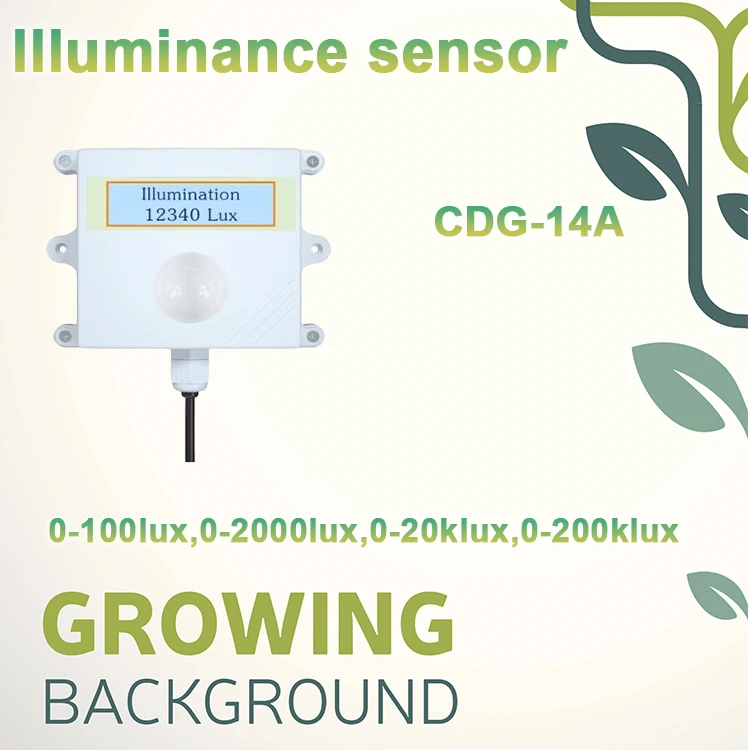
# Light Detector Sensor: A Comprehensive Guide
## Introduction to Light Detector Sensors
Light detector sensors are essential components in modern electronics, enabling devices to measure and respond to ambient light levels. These sensors play a crucial role in various applications, from simple automatic lighting systems to complex industrial automation processes.
## How Light Detector Sensors Work
Light detector sensors operate by converting light energy into electrical signals. The most common types include:
- Photodiodes
- Phototransistors
- Light Dependent Resistors (LDRs)
- Photovoltaic cells
Each type has unique characteristics that make it suitable for specific applications. For example, LDRs are inexpensive and simple to use, while photodiodes offer faster response times and greater precision.
## Key Applications of Light Detector Sensors
1. Automatic Lighting Systems
One of the most common uses of light detector sensors is in automatic lighting control. These systems adjust indoor or outdoor lighting based on ambient light levels, helping to conserve energy.
2. Smartphones and Tablets
Modern mobile devices use light sensors to automatically adjust screen brightness, improving visibility while conserving battery power.
3. Industrial Automation
In manufacturing environments, light detectors are used for quality control, object detection, and process monitoring.
4. Security Systems
Light sensors can trigger alarms or cameras when detecting unexpected changes in light levels, enhancing security measures.
## Choosing the Right Light Detector Sensor
When selecting a light detector sensor, consider these factors:
| Factor | Consideration |
|---|---|
| Sensitivity | Required light level detection range |
| Response Time | How quickly the sensor reacts to light changes |
| Spectral Response | Which wavelengths of light the sensor detects |
| Operating Environment | Temperature, humidity, and other environmental factors |
## Future Trends in Light Detection Technology
The field of light detection continues to evolve with several exciting developments:
- Miniaturization of sensors for wearable devices
- Integration with IoT systems for smart environments
- Improved energy efficiency in sensor design
- Advanced materials for broader spectral response
As technology advances, light detector sensors will become even more precise, energy-efficient, and versatile, opening up new possibilities across various industries.
## Conclusion
Light detector sensors are fundamental components in countless electronic systems, offering reliable and efficient light measurement capabilities. Understanding their operation, applications, and selection criteria is essential for engineers, designers, and technology enthusiasts alike. As we move toward more connected and automated systems, the importance of these sensors will only continue to grow.
Keyword: light detector sensor